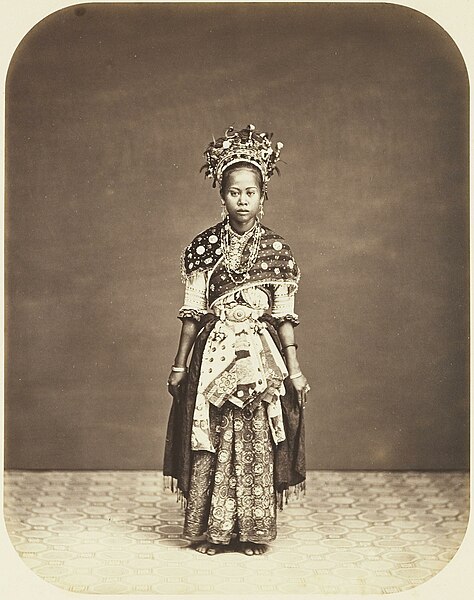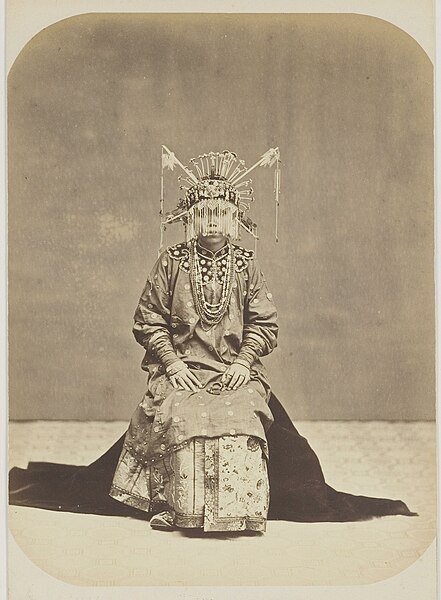
A book newly acquired by the Thammasat University Libraries is part of an outstanding donation by the late Professor Benedict Anderson and Ajarn Charnvit Kasetsiri, both noted historians of Southeast Asia. Tales from Djakarta: Caricatures of Circumstances and their Human Beings is by the acclaimed Indonesian author Pramoedya Ananta Toer (1925–2006), whose other works are also in the TU Libraries collection. The copy in the TU Libraries collection is of particular interest because it was personally signed by the author for Professor Anderson. Tales from Djakarta contains short stories full of detail and atmosphere about life in Indonesia. Written between 1948 and 1956, when Pramoedya was a young man, they were created before many difficult years during which his work was banned in his homeland and he was imprisoned. It is part of a group of valuable works on Southeast Asia, formerly in the personal collection of Professor Anderson, now shelved in the Charnvit Kasetsiri Room of the Pridi Banomyong Library on Tha Prachan campus through the generosity and initiative of Ajarn Charnvit. Among the translators of stories in Tales from Djakarta was Professor Anderson, who notes in an introduction included in the volume that Pramoedya’s narratives were intended as tales told by one speaker to another. This speaker,
urgent, sardonic, compassionate, and melancholy,
is an essential element in Pramoedya’s artistic achievement. Yet despite his high literary reputation, creating admirable art was not Pramoedya’s main goal, as he told an interviewer in 1999:
I don’t write to give joy to readers but to give them a conscience… I don’t have the right to judge those who write to give joy, but it’s a struggle to give conscience and not joy.
He admitted that he had become a writer because he
couldn’t do anything else, apart from writing… At first I had no inclination to write. But I failed in trying to do other jobs, so I decided to become a writer.
This modest, highly achieving writer was naturally of interest to Professor Anderson, who won international prominence with an influential book, Imagined Communities: Reflections on the Origin and Spread of Nationalism (1983), which is in the TU Libraries collection. Writing about the positive elements of nationalism, Professor Anderson suggested that what makes countries and people different and distinct may inspire artistic and literary expression. Devoted to the languages of Southeast Asia, Professor Anderson was able to read original texts in Thai, Filipino, and Indonesian literature and popular culture. The conclusions he drew from careful study are unique and have often sparked further studies in the ASEAN field. TU students and ajarns are fortunate to have access to books from Professor Anderson’s collection, decorated by an ex libris stamp indicating personal ownership of items in a library or collection.
In Latin, the words ex libris mean from the books of. Many of the books now in the TU Libraries collection bear two of these stamps, one from the collection of Professor Anderson and another from the collection of Ajarn Charnvit. Our students and ajarns could hope for no more inspiring guides in the field of ASEAN studies than these two historians. What could be more significant for younger readers than stamps of approval on books from two of the most honored scholars in the domain? Beyond the information about ownership, the ex libris stamp of Professor Anderson has another humorous, typically meaningful detail. There is an image of a frog leaping away from a coconut shell, as on the cover of his A Life Beyond Boundaries: A Memoir. This image cites folklore from Thailand and Indonesia, in which a frog born underneath a coconut-shell lives there and believes his little shelter is all that exists in the universe. Professor Anderson noted:
The moral judgment in the image is that the frog is narrow-minded, provincial, stay-at-home, and self-satisfied for no good reason. For my part, I stayed nowhere long enough to settle down in one place, unlike the proverbial frog.

Thanks to the generosity of Ajarn Charnvit and Professor Anderson, new generations of TU students and ajarns can learn from this fable to explore new areas of research and knowledge, and not hide under any shells. In Mythology and the Tolerance of the Javanese, an early book first published in 1965 and also to be found in the Charnvit Kasetsiri Room of the Pridi Banomyong Library, TU, Professor Anderson appreciated
the admirably wide dimensions of the Javanese respect for human variety…Most Europeans and Americans who have lived long in Java sooner or later fall under the spell of her ancient civilization.
While Professor Anderson would later encounter his own difficulties in Indonesia, although he was never imprisoned like Pramoedya, he retained optimism through the inspiration of language, literature, and other elements of culture. He felt hope for the future as represented by young people, another belief he shared with Pramoedya. In analyzing details about Thai popular culture from films to street signs, Professor Anderson would try to find inner meanings, always believing that they existed. Unsurprisingly, visitors to the home of Pramoedya in Jakarta reported that a framed photo of Professor Anderson was displayed on one of the writer’s tables. Pramoedya carefully saved the letters he received from Professor Anderson, often about precise elements of translations into English of Pramoedya’s work. Part of the reason for the enduring affection felt for Professor Anderson even by those readers who did not have the privilege of meeting him is how he expressed the importance of individual identity. Some academic historians might feel uncomfortable with strong individualism, but it was a powerful aspect of Professor Anderson’s writing. His Imagined Communities frequently cites the German author Walter Benjamin, who was enchanted by language, literature, fables, and unconventional objects of study such as children’s toys. A writer with highly personal points of view, Benjamin was also a devoted book collector, with a belief in the power of books to transfer knowledge and awareness to readers. The books formerly in the personal collection of Professor Anderson, now to be found in the Charnvit Kasetsiri Room of the Pridi Banomyong Library, possess this power for readers who are fascinated by ASEAN studies.

(All images courtesy of Wikimedia Commons).
